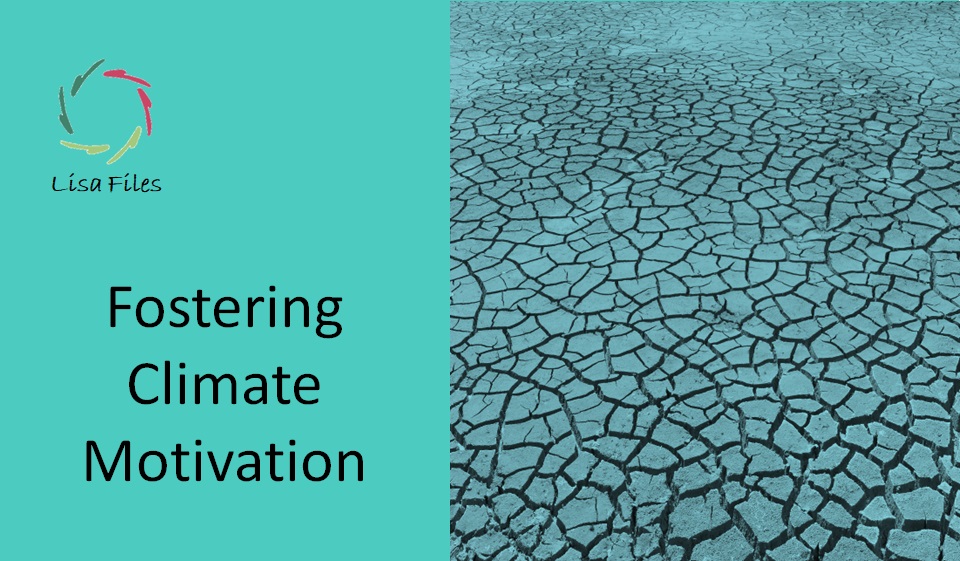Please be Free and Brave.

Many people aim to be ‘meaningful from the ground up.’ One cannot be so without being free. One cannot be so without being brave.
Being ‘meaningful from the ground up’ is my interpretation of what ‘the free and the brave’ strive for. Of course, it is basically genuine to do so. It should be no reason for divisions between groups. Unfortunately, it is precisely that to a considerable degree.
From the ground up
This entails being meaningful ‘as a human being, not as a cloud or a snowflake.’ So, at least in some interpretation, this is about being:
- pro-life
- pro responsibility, including after committing an error
- against many petty regulations
- against being continually afraid of x, y, and z
- pro being allowed the means for self-defense
- pro solid and well-tested values
- pro taking care of the own people first, then others
- pro having a solid belief system so one can get on with living one’s short life
- pro – in general – being able to feel alive
- against excommunicating people just because they act or speak freely and bravely.
The list can go on. Meanwhile, one might discern a pattern.
These are all things that a strictly rational stance can stand in the way of.
This doesn’t make rationality (or what is meant as such) wrong if it does not stand in the way of what is more critical: meaningfulness.
In the latter case, ‘rationality’ is seen as a weakness in disguise, which should – to those who aim to be meaningful from the ground up – not be tolerated. Their reason for this is seeing weakness as the opposite of the above features. This also clarifies why trying to convince them with rational arguments mainly puts oil on the fire ― especially if done in a somewhat derogatory manner.
Is rationality itself then to be disputed?
In my view, not at all!
However, valuing rationality is challenging. It takes a continual lifelong effort. Unfortunately so-called ‘rationality’ is being used in many cases of what I would call pseudo-rationality. Much of this is mainly concerned directly with meaningfulness. A rational stance does not avoid most of what concerns any human endeavor. Most relevant to me: Rationality includes subconceptual mental processing. Also, it thrives on being free and brave.
‘Weakness’ ― seen as the opposite of the above list in the sense of being:
- not free: in letting oneself be bound and unfree ― for instance, in saying what one means to say even if it’s culturally incorrect.
- not brave: in lacking the courage to stand up when it’s needed ― for instance, when one sees others being discriminated or otherwise wronged.
- therefore, not meaningful.
This provokes a viscerally defensive response.
Of course, meaningfulness is a primary condition of life. Therefore, if it is at risk of being taken away – even in perception – the allergic response can go very deep.
This depth can make it challenging to understand the intensity, as well as to see where it comes from.
Unfortunately, this lack of understanding may also lead to easy manipulation.
All that’s needed is pushing the right buttons. By putting into the mixture some ‘enemy’ (such as those so-called weaklings) for which one pretends to be the solution, a driven manipulator can win an election on a populist basis. One might discern another pattern here.
Paradoxically, this manipulation thrives on the opposite of being free and brave.
So, it’s better to reach for the real thing.
This may let one see the paradox that the manipulator draws his followers into. Is reaching for the real thing simple? No! But honest and respectful in being deeply and openly oneself. Thus, it may make meaningfulness less easy to attain but more worthwhile to enjoy. In any case, it makes one more valid as a total person.
So, please be free and brave!
But do so in a friendly way ― here also, friendly to the total person.
Otherwise, it’s weakness in disguise.


